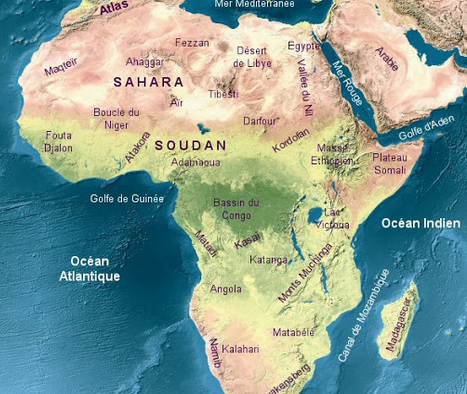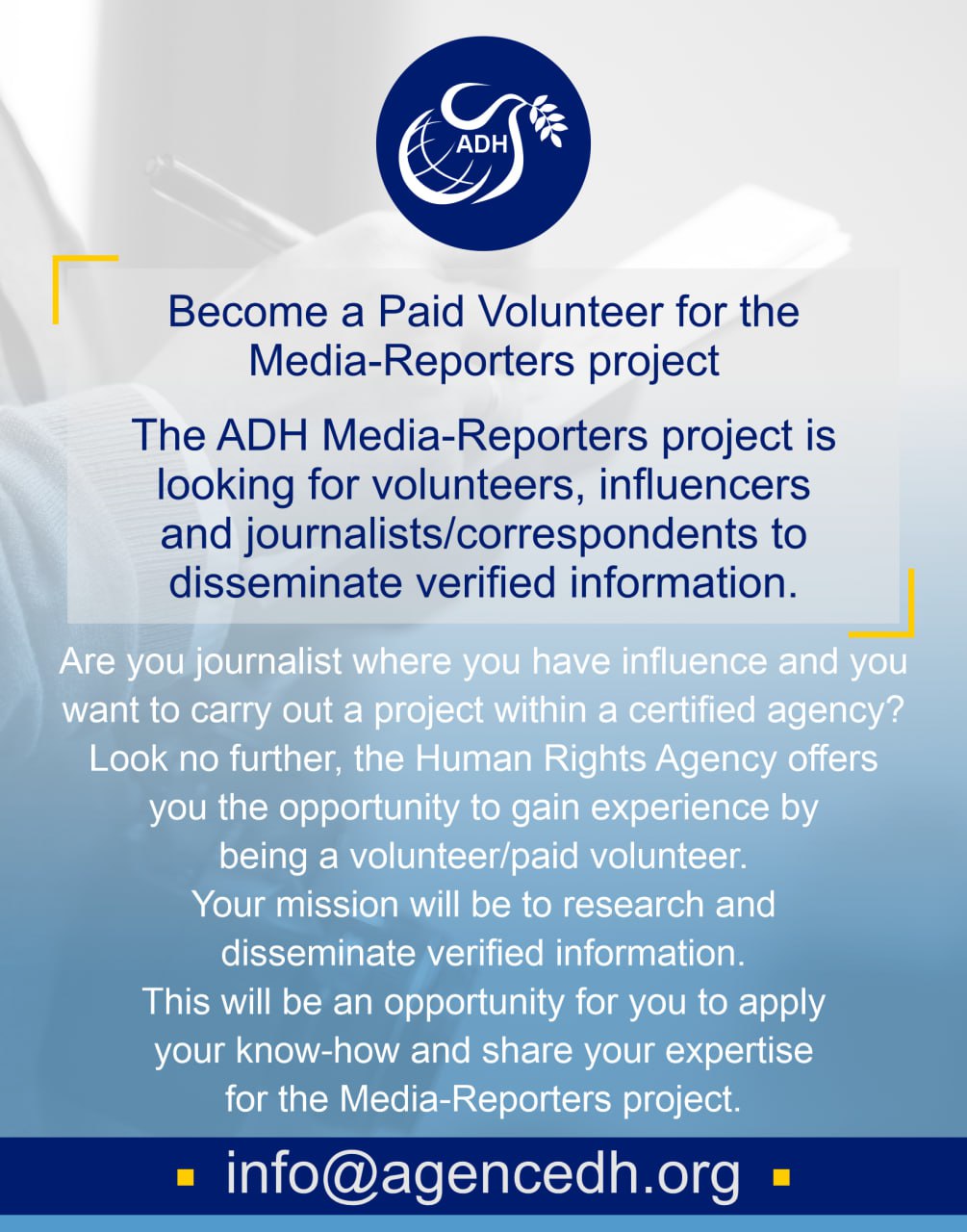Human Rights Education in Africa

Over the recent years, significant attention has been paid to human rights education (HRE), and this issue has gradually found its place in the language of governmental departments, NGOs, educational institutions, international human rights entities, and other related communities. It seems that the need for human rights education is an undeniable fact in today’s world (Mubangizi, 2015). HRE is a long-term and ongoing work which realizes justice in every point worldwide. It can play a key role in bringing hope for all human being, as it increases knowledge and awareness among the population. Students, particularly, can become equipped with the experiences, skills, and attitudes required to demand their rights along with the rights of all humans (Osler, 2020).
HR literacy and the implementation of HR are at the heart of education to facilitate transformation toward democracy known by caring and compassionate human relations (Becker et al., 2015). The enjoyment of human rights is mainly dependent on the level of awareness of the nature of these rights and the way they are enforced, making HRE and essential component to ensure population empowerment and access to what they deserve. Therefore, the main goal of HRE is building and empowering the culture of human rights through establishment of public awareness of such rights. This issue is of great importance in poor and underdeveloped nations. As such, there have been different action plans for HRE at the international level in different parts of the African continent (Mubangizi, 2015), some of which are mentioned below.
According to the human rights report (2017), one of the innovative human rights education projects by the HR Commission of South Africa, the Department of Higher Education, the Department of Basic Education, and different universities across the continent led to a policy framework for promotion of integrating human rights-based approaches into the curriculum development as well as teacher training. Moreover, the HRE is integrated into Teachers’ Training Institutions to develop the teachers’ competence in teaching HR in African schools. Based on the national HRE plan, human rights are integrated in the curricula of formal education. The national human rights commission (NHRC) has also conducted useful HRE programs among the African population. The Office of the United Nations High Commissioner for Human Rights (OHCHR) has trained the NHRC staff regarding the methods to carry out HRE activities in Africa. Besides, financial supports have been provided to raise the awareness of the population, pass the knowledge, and contribute to better understanding of the concepts of HR.
As Mubangizi (2015) has pointed out, government is one of the main components and actors of the HRE in Africa. The engagement of the government in human rights education across Africa is mainly through the development of curricula in schools, whereas NGOs are held responsible to educate the officials. The civil society through NGOs can carry out HRE with important role players, including the policy and military, along with education of marginalized African population. Universities are also responsible in this regard. However, the major target audience for the human rights education through the government includes the schools and educational institutes, the most effective approach for which can be incorporation of HR standards into their curriculum. On the other hand, the South African Human Rights Commission (SAHRC) has targeted the general public. The SAHRC is tasked with monitoring, both pro-actively and by way of complaints brought before it, violations of human rights and seeking redress for such violations. It also has an educational role (SAHRC, 2016).
Totally, a range of civil society organizations, including NGOs, Community-Based Organizations (CBO), and certain public interest groups all contribute to human rights education. They not only help to promote and protect human rights, but are also accountable to create a culture of human rights. Both national and international organizations work systematically in increasing awareness of the human rights across the world. According to Bowden et al. (2017), the young people have to get involved in a transformative human rights curriculum to promote critical reflection, social communication, along with collective action to facilitate human rights issues in the African context.
References
Becker, A., de Wet, A., and van Vollenhoven, W. (2015). Human rights literacy: Moving towards rights-based education and transformative action through understandings of dignity, equality and freedom. South African Journal of Education, 35 (2): 1-12, doi: 10.15700/saje.v35n2a1044
Bowden, L., Famuyide, A., Griffith-Heritage, C., Ouedraogo, D. (2017). Human Rights Education in Africa Curriculum A Transformative Curriculum for Youth in West Africa. Teachers College, Columbia University.
Ero, I. (2014). Human Right Education in Sub-Saharan Africa: An Overview of Some Challenges and Prospects. African Journal of Political Science and International Relations, 8 (5): 117-123.
Mubangizi, J. C. (2015). Human rights education in South Africa: Whose responsibility is it anyway? 15 African Human Rights Law Journal 496-514 http://dx.doi.org/10.17159/1996-2096/2015/v15n2a13
Osler, A. (2020). Human rights education, Covid19 and the politics of hope. Human Rights Education Review, 3 (1): 1-7, DOI: http://doi.org/10.7577/hrer.3921







